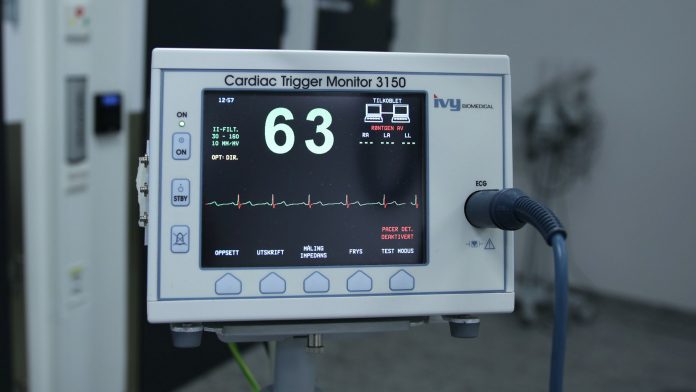
New research presented at the EHRA 2018 Congress, organised by the European Society of Cardiology, has found a link between alcohol intake and increased heart rate.
Excessive drinking has been linked to increased heart rate, also known as the ‘holiday heart syndrome’. The connection was initially based on small studies and anecdotal evidence from the late 1970s.
Conducted by researchers from the Department of Cardiology at LMU University Hospital Munich, Germany, the Munich Beer Related Electrocardiogram Workup (MunichBREW) study was the first assessment of acute effects of alcohol on echocardiogram (ECG) readings.
What took place in the study?
In the study, ECG readings were taken, and breath alcohol concentrations were measured, while age, sex, heart disease, heart medications and smoking status were recorded.
The average age of the participants was, 35 years old and the average breath alcohol concentration was 0.85g/kg.
Increasing breath alcohol concentration was associated with sinus tachycardia of more than 100 beats per minute in 25.9% of the group.
A more detailed look into the study
Current analysis of the MunichBREW study looked in more detail at the quantitative ECG measurements in 3,012 participants.
The researchers investigated the association between blood alcohol concentration and a number of ECG parameters: excitation (heart rate), conduction (PR interval, QRS complex), and repolarisation (QT interval).
It was found that increased heart rate was associated with higher breath alcohol concentration, therefore confirming the initial results of the MunichBREW study. Association was linear, with no threshold. Alcohol consumption had no effect on the other parameters.
Currently, researchers are investigating whether the increased heart rate through alcohol consumption can lead to long-term issues like heart rhythm disorders.
Is alcohol-induced elevated heart rate harmful?
Dr Moritz Sinner, a lead author on the study, said: “We cannot yet conclude that a higher heart rate induced by alcohol is harmful. But people with heart conditions already have a higher heart rate, which in many cases triggers arrhythmias, including atrial fibrillation. So, it is plausible that the higher heart rate following alcohol consumption could lead to arrhythmias.”
He added, “Most people in our study were young and healthy. If we conducted the same study in older people or heart patients we might have found an association between drinking alcohol and arrhythmias.”
The authors speculated that alcohol creates an imbalance between the sympathetic (fight or flight) and parasympathetic (rest and digest) nervous systems. They are currently investigating how it might do this.
Source: European Society of Cardiology























